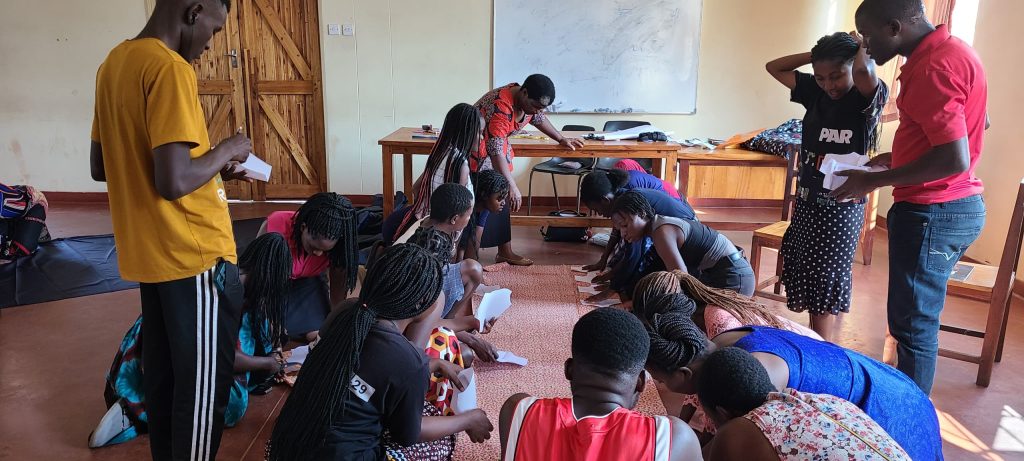In a groundbreaking initiative aimed at promoting sustainability and women’s health, Emmanuel University has launched a training program focused on the creation and use of reusable sanitary pads. This initiative not only addresses the pressing issue of menstrual hygiene but also encourages students to engage with vital environmental and health topics.
The Importance of Menstrual Hygiene
Menstrual hygiene management (MHM) is a critical aspect of health and gender equality. Many young women, particularly in developing regions, lack access to affordable sanitary products, which can lead to health risks and absenteeism from school. Reusable sanitary pads present a sustainable and cost-effective alternative, enabling women to manage their menstrual cycles with dignity and hygiene.
Training Program Overview
The training program at Emmanuel University aims to equip students with the skills necessary to create their own reusable sanitary pads. The curriculum covers:
- Materials and Design: Students learn about the selection of appropriate materials that are safe, comfortable, and environmentally friendly. They also explore different designs that enhance usability and comfort.
- Sewing and Construction Techniques: Practical sewing sessions teach participants how to construct the pads, emphasizing craftsmanship and quality.
- Health Education: The program includes education on menstrual health, breaking myths and stigma surrounding menstruation, and promoting understanding of the biological processes involved.
- Sustainability Practices: Students are educated on the environmental benefits of using reusable products as opposed to disposable options, which contribute significantly to landfill waste.
- Distribution and Community Engagement: The program encourages students to take their newfound skills into the community, fostering outreach initiatives that provide reusable sanitary pads to girls in need.
Impact on Students and Community
By participating in this program, students not only gain valuable skills but also become advocates for menstrual health and sustainability in their communities. The initiative empowers them to lead conversations about menstrual hygiene, reducing stigma and promoting awareness.
Moreover, the impact extends beyond the university. As students distribute the reusable pads, they contribute to breaking barriers that hinder girls’ education due to lack of menstrual products, thus fostering a more equitable learning environment.
Conclusion
Emmanuel University’s training program on reusable sanitary pads sets a powerful example of how educational institutions can play a pivotal role in tackling social and environmental challenges. By preparing students to create sustainable solutions, the university not only enhances the health and well-being of women but also nurtures a generation of responsible, socially conscious leaders. The initiative ultimately aims to create a ripple effect, inspiring change within communities and contributing to a healthier planet.

